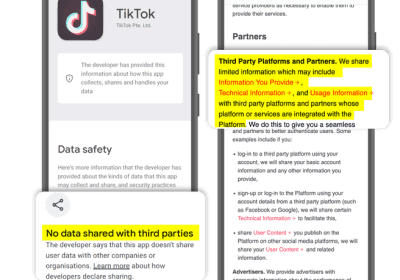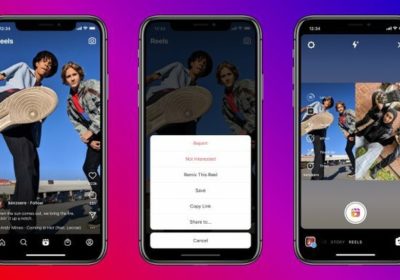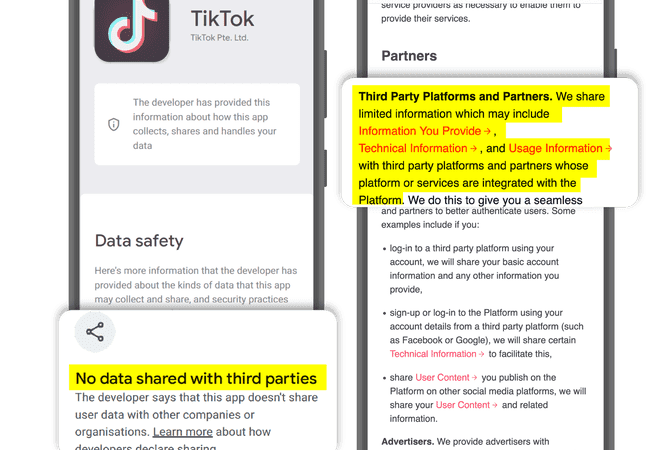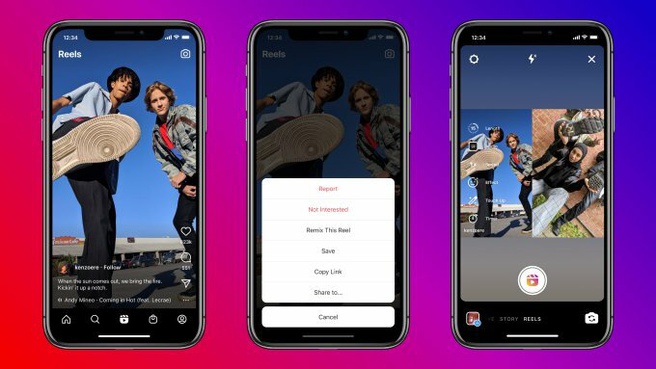Privacy experts are troubled by an update to WhatsApp’s privacy policy – which will allow it to share private information with Facebook, including the phone numberLocation information, IP address, phone model, battery charge level, transmission signal strength, browser type, cellular network, ISP, time zone, and device ID number. All of this and other details will soon be provided to Facebook, any WhatsApp user who approves the upcoming privacy update of the instant messaging app, which is owned by Facebook.

Rarely do such updates make headlines, as has now surfaced in WhatsApp’s latest privacy update headlines. why? The reason is the specific circumstances of the update, as well as recent incidents related to freedom of expression and privacy on the net, all against the backdrop of high-profile hearings in the US Congress.
This past weekend this stalemate was experiencing a escalation, with technology media platforms one by one closing or restricting outgoing U.S. President Donald Trump’s accounts. Facebook, too, has announced the blocking of the president’s profile, a move that has exacerbated steps already taken against the outgoing president, such as attaching reservations to all of his online posts.But this time, perhaps unlike all previous times, a series of events that occurred in parallel did not allow things to pass as quietly as before.
First, the president has been blocked, restricted, or threatened with blocking on a number of platforms. Not just Facebook and Twitter, but also other platforms like YouTube, Snapchat, Reddit. Second, an alternative app called Parler was first removed from the Google Play app store and then Amazon threatened to remove its servers and thus it could go out of action.
Now, on the already exposed nerves of the citizens, whether these are angry Trump supporters or privacy advocates from the radical left – have been added the news of changing WhatsApp’s privacy policy, which only stressed that in these power struggles the private citizen is a last priority. The news of the policy change caused a stir on the Internet, following a wave of joining alternative platforms, led by “Signal”.But WhatsApp claims that this is a misunderstanding at all, and that the change in question is not a change at all, but a reflection of a change that occurred somewhere in 2016.
According to the long-established and esteemed technology site Wired, the change in the information sharing policy between Facebook and WhatsApp platforms has been going on since 2016. So, it is claimed, WhatsApp has opened a 30-day window for users to choose not to share the information. Virtually any innovation for users who have joined Whatsapp since that change in 2016, or for users who did not choose then to exit the information sharing option between the platforms. The change in the policy that has just been published, in which a paragraph has been removed stating that there is an option for the user not to share the information – reflects in total the same change that was made in the past.
Privacy and technology experts fear
What does it mean to hold such detailed information, which WhatsApp sought to share with Facebook? Lawyer Naama Materso, CEO of the “Privacy” association, explains that “this is a change that will make WhatsApp an integral part of Facebook’s commercial ecosystem. Simply put – we provide our information and allow it to be shared with Facebook – so that the latter can provide improved and better services to its customers – advertisers, political entities, and data brokers. “Through the information that Facebook sells to its customers, we can be persuaded personally and personally to buy products that we are not sure we need, to present us with information that may change our perception of reality.”
Concern about the change in WhatsApp’s policy is also expressed by Various senior veteran of legal and technology experts . Does not intend, and cannot, monitor the posts themselves to learn about the users, however it can derive great value from the technical information about the posts themselves.What can be done with this data that WhatsApp wants to share with Facebook,” is very critical because these are exactly the media data on which so-called ‘signal intelligence’ is based – also state-level intelligence.
The cumulative result is a detailed psychological profile of “People, who accordingly also expose them not only to advertisements, but also determines what they will see in their feed. This means a gentle intention of their world of reality, their opinions, without us even understanding how Facebook’s algorithm works.”Do we, as private users, want to know exactly who the circuits we communicate with are? Who are the groups we are in contact with? Who is the doctor or lawyer the lawyer we are talking to? It may provide Facebook with indications of your legal or medical issues that we may have, but it is especially difficult for us to understand what happens when this information enriches the already rich database that Facebook already ha











